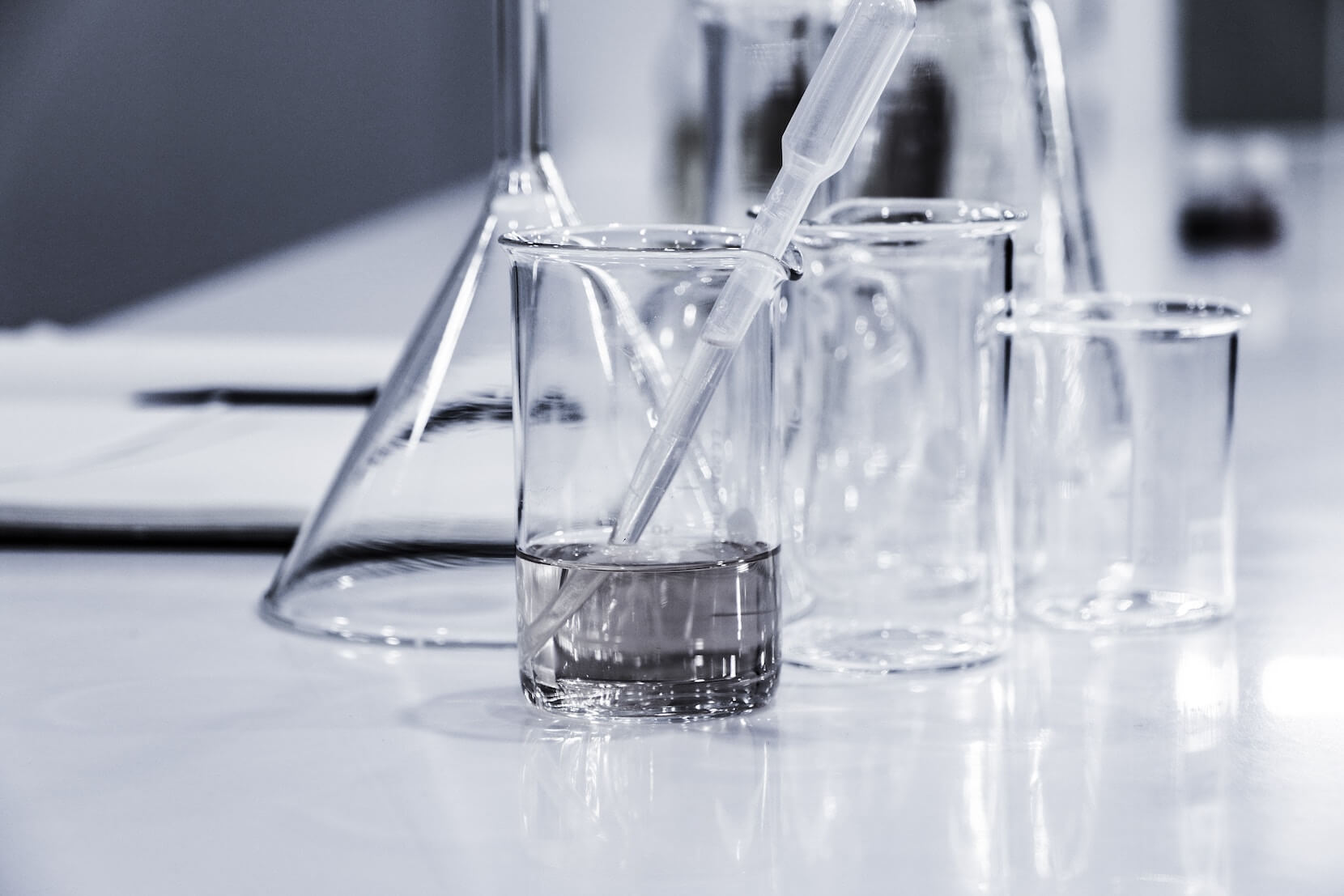Do Not Consume Notices
Learn about Do Not Consume Notices and what you should do if you are issued with one.
Do Not Consume Notice tells you that your water supply is contaminated. Boiling the water will not make it safe to consume.
When we issue a Do Not Consume Notice
We regularly monitor and test all water supplies. If we find harmful contaminants in water samples that you cannot remove by boiling, we:
- Consult the Health Service Executive (HSE), the public health authority.
- Tell affected customers if the HSE finds that there is a risk to public health.
- Place a Do Not Consume Notice on the water supply.
- Tell the Environmental Protection Agency (EPA).
- Investigate the cause of the issue and act to correct it.
To protect public health, we sometimes issue a notice before test results confirm the risk. We do this if a treatment process has failed or a water source is polluted.
Who's affected
Use another water source when:
- Drinking water, including filtered water or drinks made from water
- Brushing your teeth or gargling with water
- Making ice (throw away existing ice cubes)
- Preparing foods you don't cook, such as salads or fruit
- Giving drinking water to pets
When it's ok to use tap water
You can continue to use tap water when you:
- Shower
- Bath
- Flush the toilet
Do not use for any purpose notice
If you are given this notice, you cannot use tap water for anything. Do not use your tap water for drinking, bathing, showering, brushing teeth, preparing food or flushing toilets.
Tankered or bottled water supplies
During a Do Not Consume Notice, we provide water to customers through:
- Water tankers placed in public areas
- A bottled water collection system
You must boil and cool water from a water tanker before drinking or using it to prepare food.
Customers with health concerns
If you live with a health condition and need a safe water supply, register as a vulnerable customer. We'll contact you if we issue a Boil Water Notice or Do Not Consume Notice for your area. If you have other health concerns, talk to your doctor.
Children and infants
How to care for children and infants during a Do Not Consume Notice.
Bathing
Make sure babies and children do not drink or swallow their bath water. You might want to sponge bath them while there is a Do Not Consume Notice in place.
Baby formula and feeds
Advice from the HSE
You must not use tap water to prepare infant formula or feeds during a Do Not Consume Notice.
You can prepare infant formula during a Do Not Consume Notice using:
- Bottled water that you have boiled for 1 minute and cooled
- Tankered water that you have boiled for 1 minute and cooled
- Ready-to-use formula that doesn't need added water
- Sterile baby bottles that you have not washed with tap water
Natural mineral water can contain high levels of minerals, including sodium. If you cannot get other water, use natural mineral water to keep your baby hydrated. Use it for as short a time as possible.
Food businesses
During a Do Not Consume Notice:
- Do not prepare drinks from machines using tap water, such as coffee machines
- You can use cleaning appliances that use mains water, such as dishwashers, unless the Do Not Consume Notice says not to.
- Contact the local Environmental Health section of the HSE with your questions.

